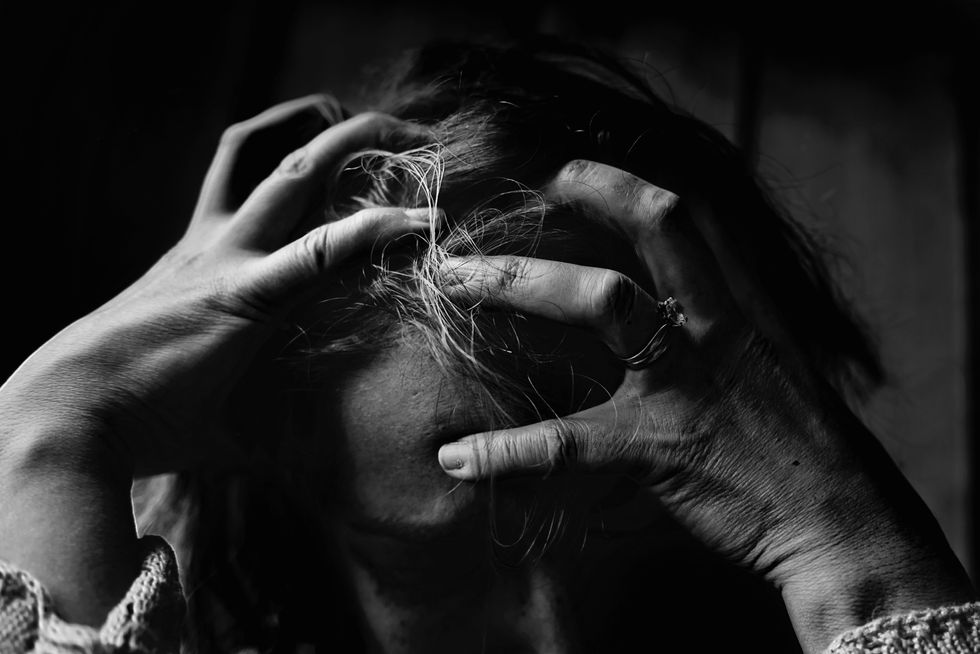From the outside looking in, college is the epitome of carefree fun and relishing in freedom not typically afforded to young people. But the windows looking in on college can sometimes be a little bit blurry. Sure, college can be fun and freeing and occasionally a little bit crazy, but what isn't always visible are the long, stressful nights of homework and studying and the occasional blues that hit so many college students.
Mental health is becoming increasingly important and cared about on college campuses, and rightly so. College students are so much more likely to feel pressures of anxiety and depression that 61% of college-age students seeking counseling report having anxiety and 49% report feelings of depression during their education. However, that's only the reports on students who attend counseling sessions and that report their mental health conditions and concerns.
How would these numbers rise if every student felt completely comfortable divulging to a stranger that their mind doesn't always feel happy and healthy? My fear is that those numbers would skyrocket.
According to the National Center for Education Statistics, the fall 2018 enrollment in US colleges and universities is approximately 19.9 million students. Approximately 1 in 5 college age students experience anxiety or depression totaling 3.9 million American college students, 20% of college students, reportedly experiencing one of these two mental health issues.
How many of those students are suffering in silence simply thinking that being anxiety-ridden and depressed due to the stressors of academia is a normal experience for college students? I'm here to tell you that, even though it seems to be commonplace for students to feel anxious and/or depressed sometimes, it isn't normal, but that doesn't mean there is anything wrong with you if you're feeling this way.
College students so often fall into the mindsets that either feeling anxious or depressed in college is normal because so many people experience them or that because they are feeling anxious or depressed, there is something wrong with them, so they don't want to admit that they are struggling. Either way, the apathy that has surrounded faltering mental health has harmed college students.
For so long, society has turned a blind eye to mental health and, despite the recent shifts in the stigma surrounding mental health, many still suffer and have suffered through their symptoms silently for fear of being judged or looked down upon for their condition. So, with the statistics showing that at least one-fifth of college students are experiencing mental health conditions, how is it that is still termed "some of the best times of our lives?"
Granted, anxiety and depression, for most people, are not so all-encompassing that students are experiencing a 24/7 stupor, but students are still expected to feel alive and lucky to have the opportunity to attend university when in reality it can be one of the most stressful and scary aspects of our lives.
College can be fun and exciting and can expand our horizons through pushing our personal boundaries and the borders of our comfort zones, but all of these things in combination with the stress that academia puts on the shoulders and minds of college students can be daunting at times.
If you're experiencing anxiety, depression, or any other mental health concern and it is negatively impacting your daily life, please do not hesitate to contact a mental health professional, or, at the very least, talk with friends or loved ones about what you're experiencing. Even having one conversation about mental health is a step in the right direction for your own wellbeing.
If you or someone you know is experiencing anxiety, depression, or suicidal or harmful thoughts, please contact professional help at the National Suicide Prevention Lifeline website for chatrooms and counseling with professionals, or call their hotlines at 1-800-273-8255. For other mental health services please visit The National Institue of Mental Health.

















